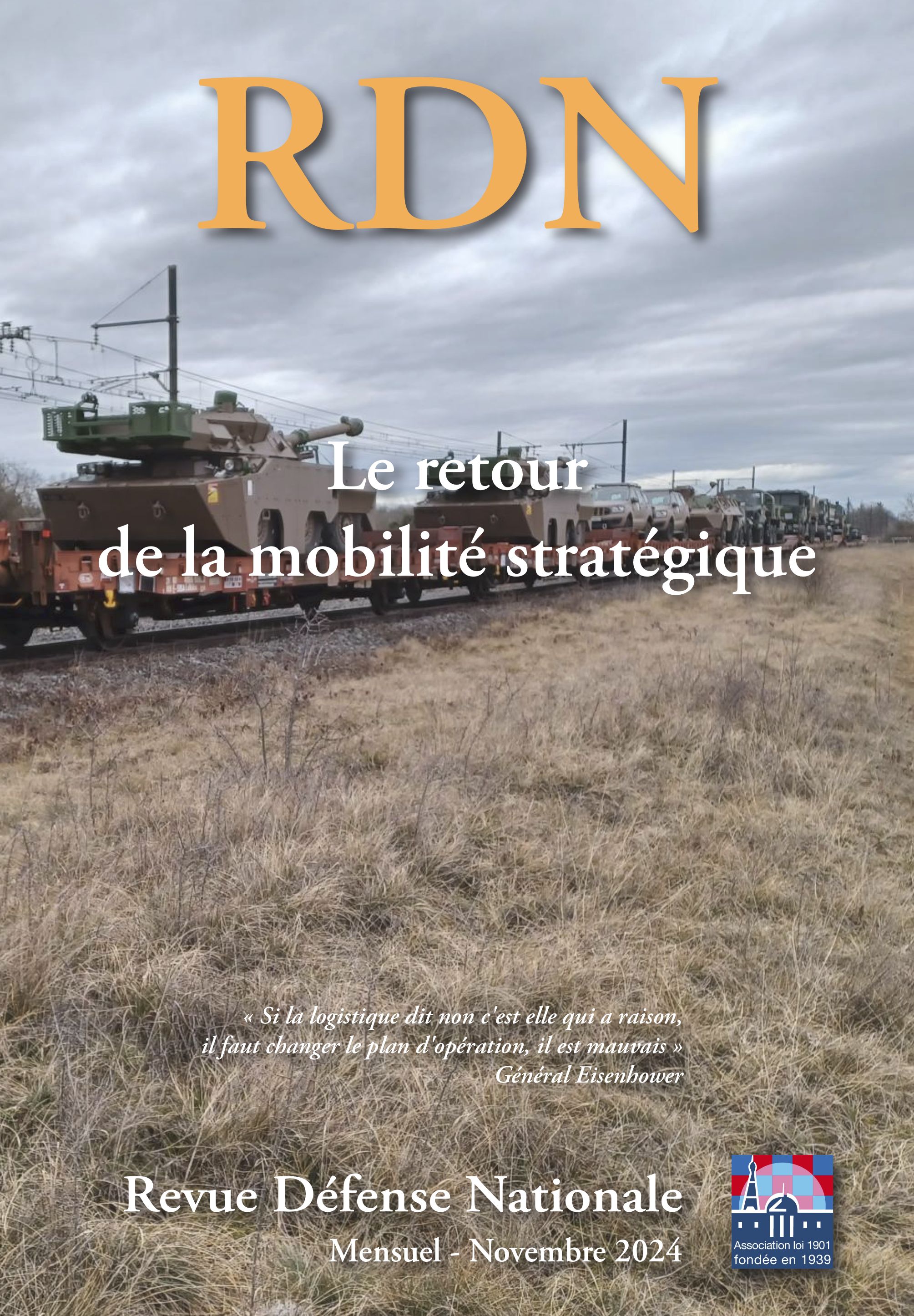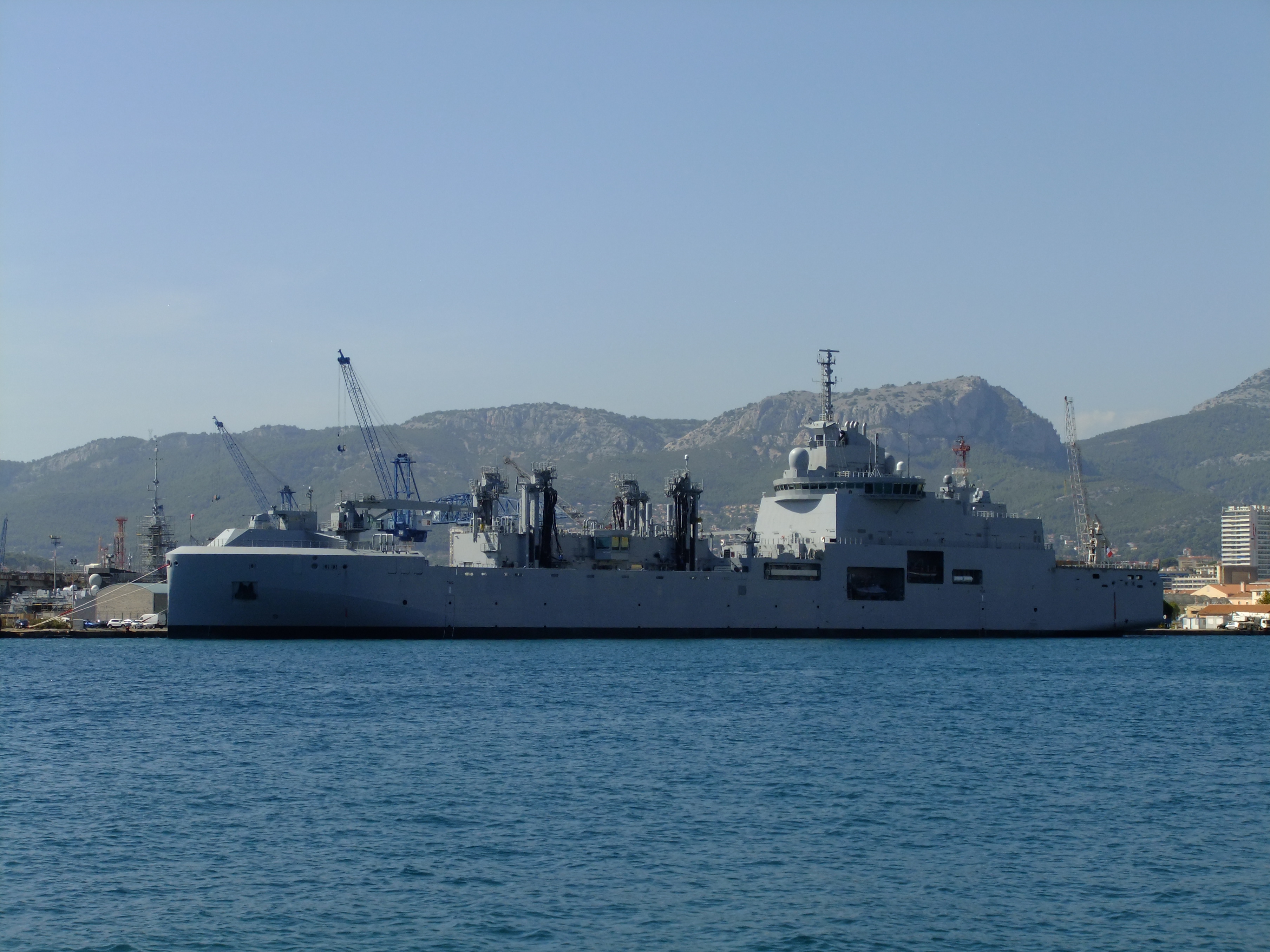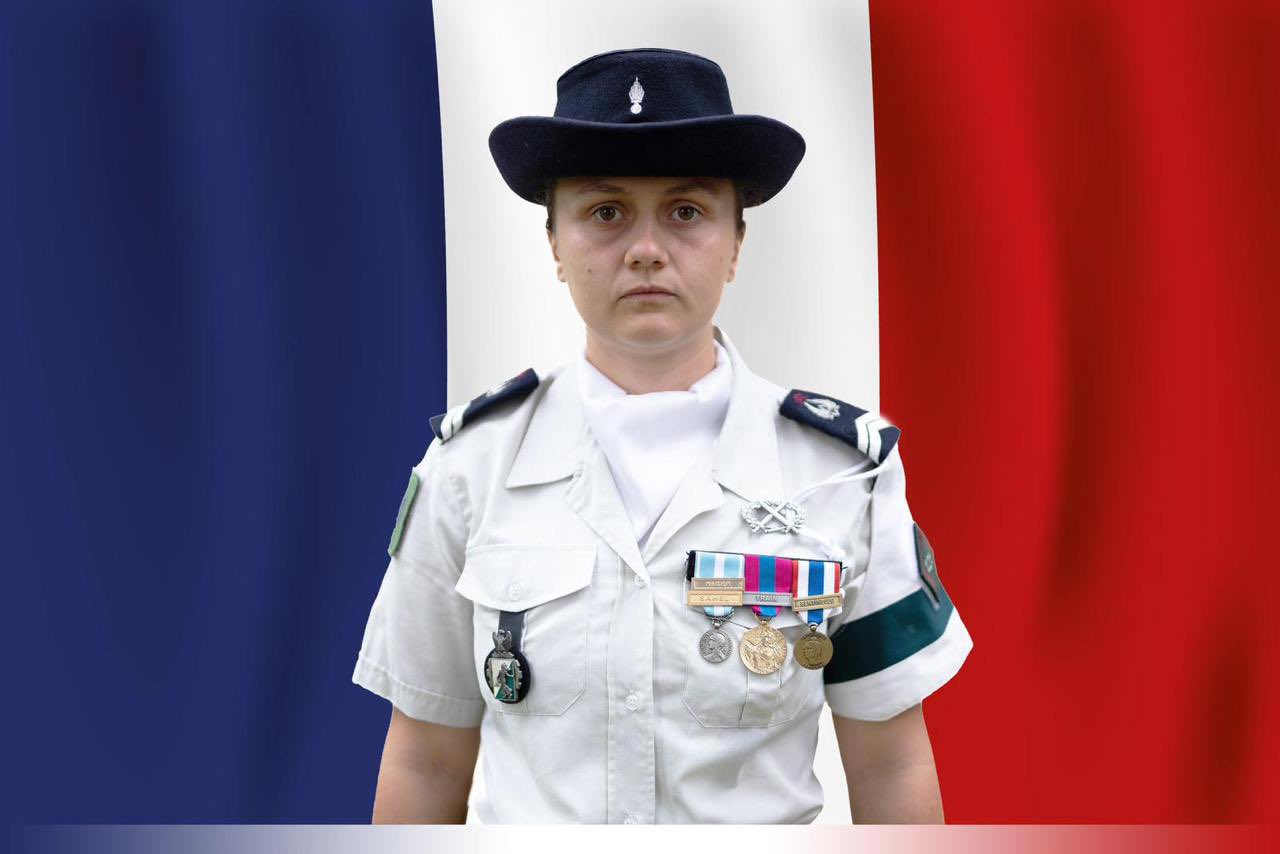Abstracts
Articles in the French and English editions of RDN this month
French strategic interests* - Jean Dufourcq
The principles of strategy - Pierre Lacoste
A definition of the aims and objectives of an action is the departure point for any strategy. When applied to matters of defence and security, this obligation emphasizes the primacy of political choices, which is the role of the defence white paper. The pragmatic and collective ‘strategic approach’ is based on knowledge of the environment and the abilities and experience of experts, distilled from consultation at all levels. A knowledge of likely future developments and geopolitics contributes to a definition of important trends and invariables, and thus to an evaluation of possible developments, present and future, in the defence and security environment. All this is not to exclude the ethical dimension, which is a fundamental component of strategy, and which prevents the violation of the founding values of democracies.
The strategic outlook for 2010* - Olivier Kempf
The position of the military today - Jean-Pierre Dugognon
The concept of military conditions of service, which took shape in the 1960s, covers the range of rights and obligations of those who carry out military duties, as well as the benefits accruing from them. The high committee for the evaluation of the military condition (HCECM) was set up under the general statute for military personnel in 2005 and strives to take the most objective view possible of the subject. The most serious constraints felt by military personnel result from the principle of deployability and its consequences in terms of mobility, spouses’ employment opportunities and property ownership. The very varied rewards, whether financial, social or statutory, often set military personnel apart from other categories of public officials or employees.
The place of women in the armed forces* - Michel Klen
The introduction of women into the armed forces is the fruit of a long historical process which has had to deal with a society marked by deep-rooted prejudices about the feminine condition. It took until the second half of the twentieth century for attitudes to change and allow a wider place for women in this male bastion. In a well-documented article, Michel Klen analyses this sociological process and puts forward his thoughts on the problems associated with the arrival of women in almost all military posts.
The social role of the armed forces: identity, unity, cohesion and peace? - Siméon Montrose
The social role that the forces traditionally exercised has diminished with the ending of conscription and concentration on the military’s core business. Nevertheless, the minister for defence retains an interest in the matter, with his equal opportunities plan and the creation of centres for the social and professional training of young people (EPIDE).
Dialogue in the European and French forces - Jean-Michel Bernard
Social dialogue in commercial enterprises and the public sector has become perfectly natural nowadays in Western democracies. It requires organizations of a collegiate nature. But the armed forces are not an enterprise, nor an institution like others in the public sector. So, what dialogue is appropriate in European defence? In France? Does the particular form adopted in our country deserve to be defended and improved?
Actors and issues in the Middle East - Marcel Girardin
The author outlines the varied panorama of current problems in the Middle East, a region undergoing great changes. The ability of Hezbollah to exercise political, military and public order pressure on the Lebanese chessboard and its region, Iran’s evident regional assertiveness, Saudi Arabia’s instability and the inability of Pakistan to control its tribal areas are all issues which demand the attention of the international actors involved in the region.
Mauritania: the ‘movement for renewal’ - Bruno Callies de Salies
In Mauritania, a high council of state for the armed forces (HCE) relieved President Sidi Ould Sheikh Abdallahi of his functions on 6 August 2008 and undertook to organize a presidential election as soon as possible. General Mohammed Ould Abdelaziz, as head of the HCE, was under international pressure to sign an agreement with the national front for the defence of democracy (FNDD), thus bringing together the opposition political forces. The agreement provides principally for the creation of a government of national unity and the organization of an effective pluralist and democratic presidential election. General Abdelaziz’s victory in the first round of voting on 18 July 2009 is hotly disputed by the opposition.
Recent books on Russia* - Eugène Berg
Thucydides, or the genesis of global strategic thought - Jean-Marie Kowalski
The historical situations of antiquity often provide valuable clues to understanding the origins of concepts which still have a part to play in regulating modern tensions. These situations are particularly interesting in the field of strategy, whose main principles stem from a vision of the world that includes the land and maritime spheres.
Strategy: the inflation of meaning - Alain Denis
The author is up in arms over the growing and abusive use of the word ‘strategy’. Basing his argument on the etymology of the term, he proposes a return to a simpler definition, encouraging its use advisedly and with discernment.
The preservation of military justice in France - Dominique Moreau
As a legacy of history, French military justice is frequently called into question, with the aim of bringing it closer to common law. Although this trend is part of a wider movement tending towards the gradual elimination of military justice in democratic societies, the case of Belgium, which took this step in 2003, gives pause for thought. Since the French armed forces are evolving in a dangerous and unstable environment, a separate system of military justice must be maintained. It not only remains a guarantee of effectiveness of the soldier’s actions but more generally recognizes the special nature of his engagement in the nation’s service.
* The full text of articles marked with an asterisk is published in the English edition of this month’s RDN.







